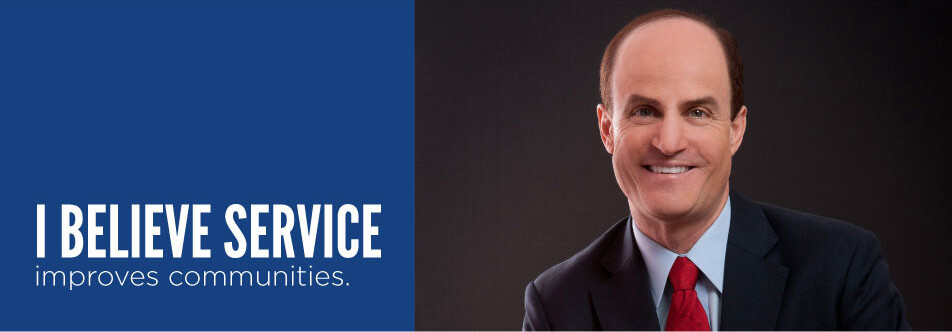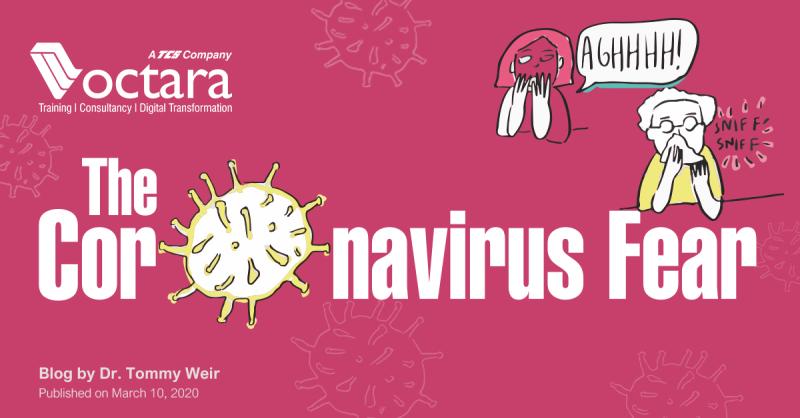
Let me begin by thanking you; thanking you for taking the time to read our blog and learn more about ways to improve customer service, for your passion for service. Here’s an expression of appreciation, allow me to tell you how much WE appreciate YOU.
I had the opportunity, recently, to read the most beautiful note of appreciation that was sent to Ron Kaufman. The writer of this note, expressed his gratitude in such a tender, heart-felt way, not from a standpoint of attempting flattery, but spoken from his personal experience. This most wonderful note gave me pause to consider the gifts contained within gratitude.
Often when setting about building a Service Culture within an organization, the focus falls on the key building blocks of service culture: language, vision, communication, recruitment, orientation, voice of customer, guarantees, measures and metrics, service improvement, benchmarking, rewards, and role modeling. This is a well proven and highly effective road-map to success.
Yet, there is a piece of culture that isn’t often considered by most companies. That is the culture of gratitude. Gratitude isn’t defined by the required “please” or “thank you”. When was the last time you heard a member of your team say, “it would be my pleasure”, “allow me to assist you”, or “how may I be of service”? Is your staff courteous, patient, respectful and gracious? Or are they curt, impatient, hurried, or rude? You can’t make someone become courteous. You can’t give someone the desire to serve. You CAN role model these behaviors, and allow your staff to feel the value, and witness the positive outcomes. Often, staff members are a clear reflection of the management to whom they report. The behavior that a leader consistently demonstrates will be acted out by their employees – with customers, and with each other. Could this be the case in your organization? Are you a great role model, or in your haste, are you modeling the behaviors that you want your team to abandon? Are your words, and your actions, demonstrating gratitude?
Let’s not, however, put all the pressure on the top. It is vital that the employees treat their managers, and owners, with equal courtesy and respect. The Golden Rule applies here – “Do unto others, as you would have others do unto you”.
If you wish to make sure that your Service Culture is also a Culture of Gratitude, it is important that every individual encounter be treated with courtesy and respect. These encounters might be with a client, a prospect, a peer, a manager, or an employee. Even our dealings with vendors and community are reflections of our company, and should always be handled with gratitude. When dealing with a difficult situation, ego or anger must never come into play. Professionalism should be maintained at all times. Be sure to always use the respectful language you encourage: “my pleasure”, “certainly”, “I’d be happy to”, and “thank you”.
Why does this need to be important to you and your organization? When your staff and your clients feel heard, understood, and appreciated, they feel good. With staff, it makes them want to work harder; with clients, they want to come back to you. Doesn’t that sound nice?
So, let’s start with our own example. Thank YOU, for reading this post, for sharing your gratitude with others, for being part of the movement for Uplifting Service in the world.



